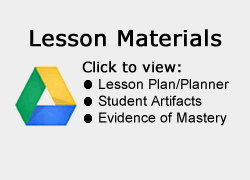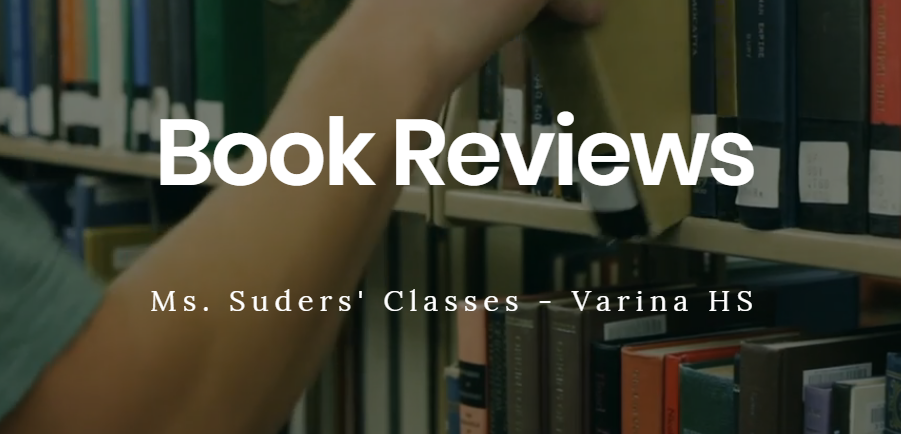Connie Fuller and Colleen Cassada, Deep Run High School
This lesson is for : Grade 10, Grade 11, Grade 12:
Summary
After studying historical philosophies regarding the nature of human existence and participating in small group seminars, students view the film Life of Pi. They read excerpts from the source novel and analyze critiques and commentaries about the film. To deepen their understandings of the human experience, students are challenged to create a short movie trailer detailing their personal journey in developing a philosophical model (or paradigm) about life.
Students gather and assimilate digital artifacts to create their personal narrative. They pre-plan their movie trailer by creating storyboards, and share their finished footage along with artistic “directorial reflections” through a class-wide Google Doc. Students assess their work, present their reflections, and showcase their trailers to their classmates and a panel of educators for feedback, commendations and recommendations.
Throughout the “Life of Pi / Life of I” activities, students consider and interpret how past events, whether good or bad, monumental or minute, shape and mold them into the people they are now. As juniors and seniors, they are on the cusp of a paradigm shift (graduating from high school); they are motivated to examine and evaluate where they are emotionally, cognitively, and socially, and how they got there. They are given valuable tools to help guide their future philosophy. By depicting, sharing and articulating their personal experiences and deeply held beliefs, students make connections with and develop compassion for their “fellow man.”
TIPC Ratings
Research & Information Fluency
Rating: Approaching – Explanation: In this lesson, students exhibit information fluency in several ways: During the socratic seminar, they create questions on topics they would like to know more about or would like to discuss with their peers. For the movie trailers, they use HCPS provided databases and perform advanced Google searches to find images, music and footage that best represents their path in life. They then determine the best way to assemble that information to tell a captivating story.
Communication & Collaboration
Rating: Approaching – Explanation: Students explore content and share ideas in smaller teams during the “college styled” seminars Students are part of a large collaborative team when sharing their insightful videos and personal reflections via Google docs. Emphasis is placed on effective student communication both in articulating personal philosophies and in providing high quality feedback to their peers regarding their work.
Critical Thinking & Problem Solving
Rating: Approaching – Explanation: During several instructional activities (annotating documents, participating in small group discussions, formulating questions to be discussed,) students are asked to utilize higher order thinking skills. In the movie creation process, they have total control in what is shown and how. In the “directorial reflections” component, students justify decisions made about images and media used.
Creativity & Innovation
Rating: Ideal – Explanation: From informal feedback about the “Life of I” project, students appreciate the freedom and flexibility in creating something distinctly personal. Although many students are familiar with digital storytelling, the new software allows them to practice and incorporate new techniques that enhance their stories. Students create meaningful work that is shared with and examined in detail by their peers. Such repeated interactions with course content and process skills increase familiarity with the classical philosophies on life and allows the students to make connections between school and the real world.




